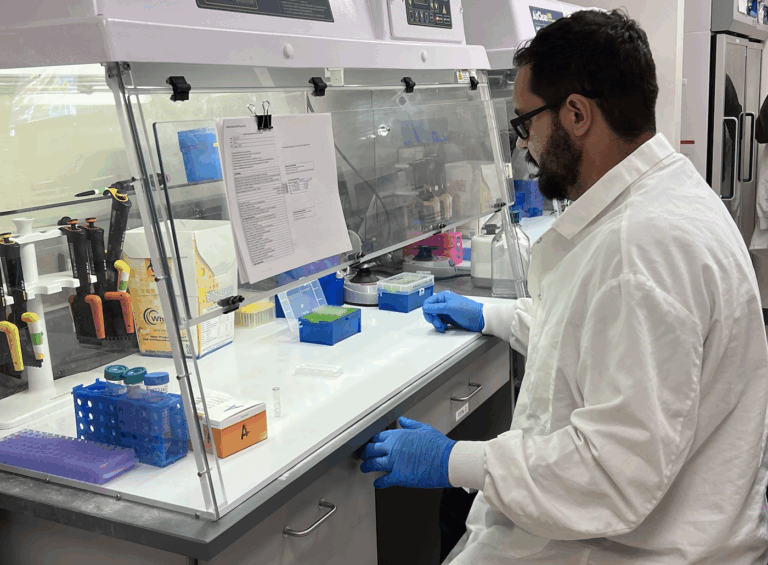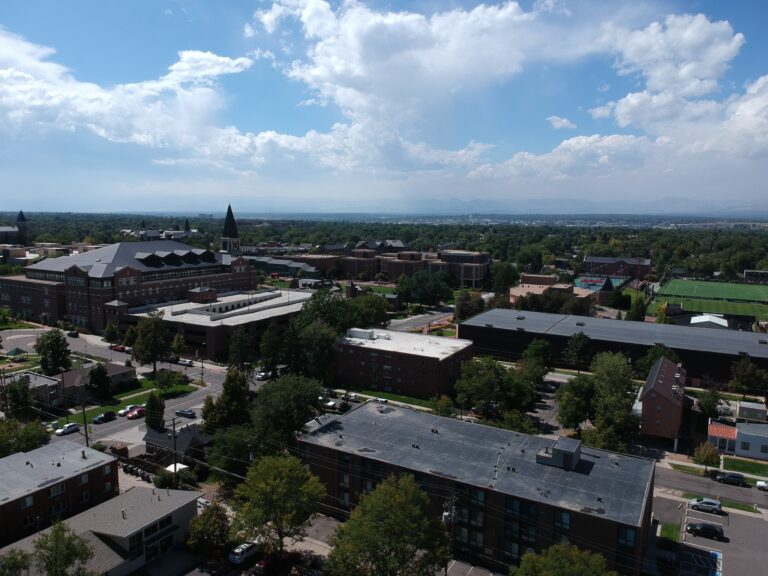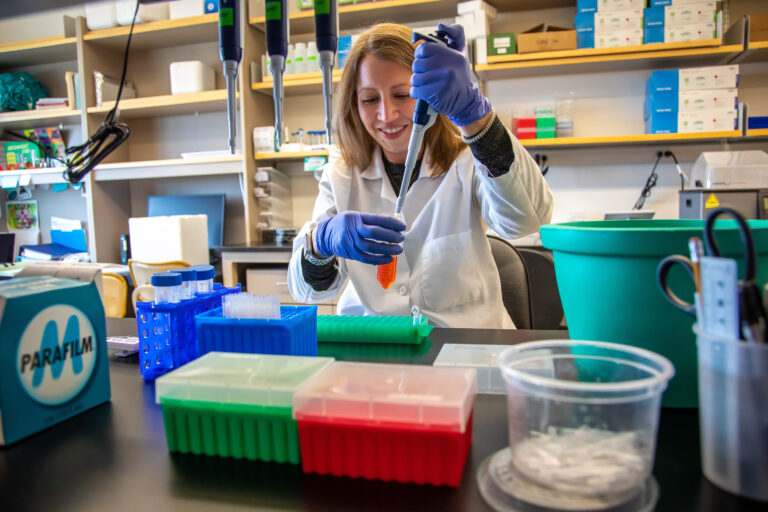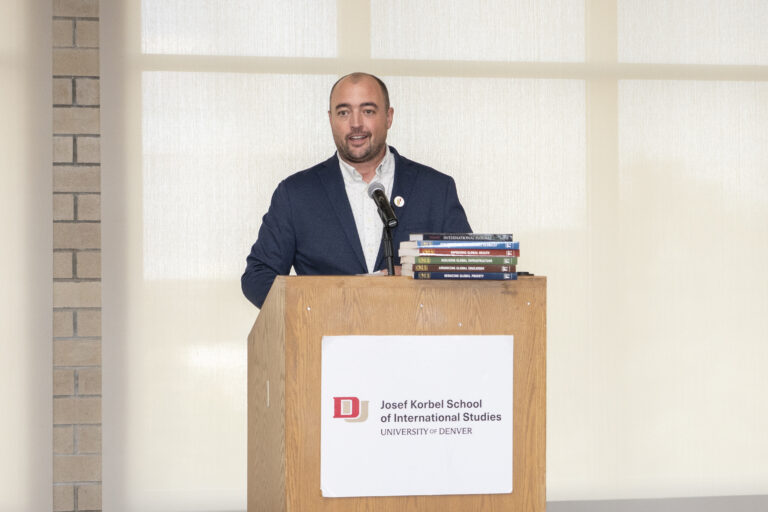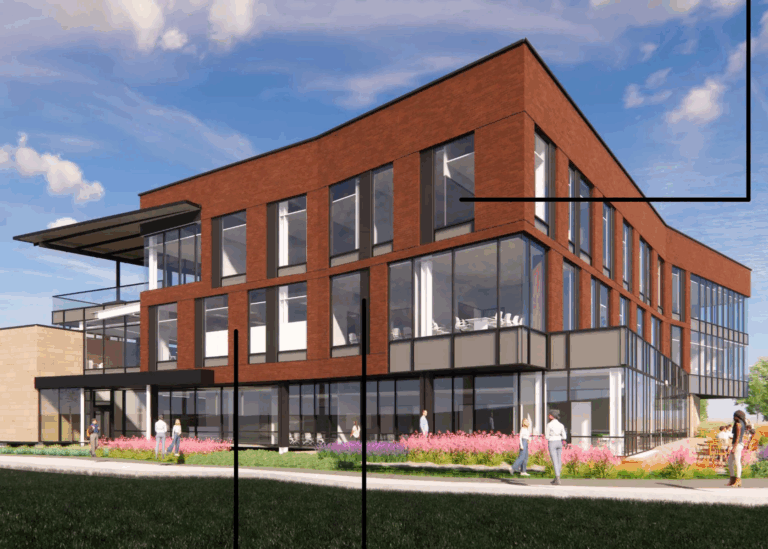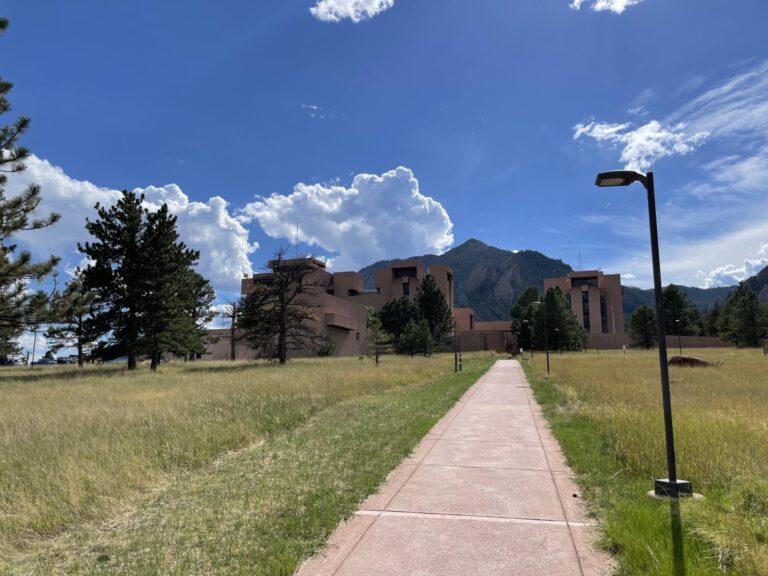Quantum-technology research efforts in Colorado received a major shot in the arm this summer thanks to a massive funding boost from the U.S. Department Of Commerce’s Tech Hub program.
Elevate Quantum, a nonprofit consortium of about 70 stakeholders in the quantum space who represent industry, academia, capital and laboratories in Colorado and New Mexico, beat out a similar group from Illinois to win a phase two Tech Hub designation from the DOC’s Economic Development Agency, unlocking $127 million in state and federal funds, which are expected to generate several billion more dollars of private investment in the region’s quantum industry.
“This award will be a game-changer for our industry, providing an opportunity for researchers and companies to innovate side-by-side, accelerating the development and commercialization of quantum technologies,” Corban Tillemann-Dick, Elevate Quantum co-founder and CEO of Maybell Quantum, said in a prepared statement. “Moreover, today’s award is a down payment on the quantum future, with up to $960 million in additional potential funding available from the federal government over the next decade and billions in play from the private sector.”
From money set aside as part of the 2022 CHIPS and Science Act, Elevate Quantum will receive $40.5 million from the federal government. New Mexico will chip in $10 million.
To further sweeten the pot, Colorado lawmakers this legislative session passed the bipartisan Colorado Quantum Tax Credit bill, which would provide $74 million in state funding for the quantum field should the federal government select the state for the second Tech Hub Phase. That funding faucet was turned on this summer with the approval of Elevate Quantum’s Tech Hub designation.
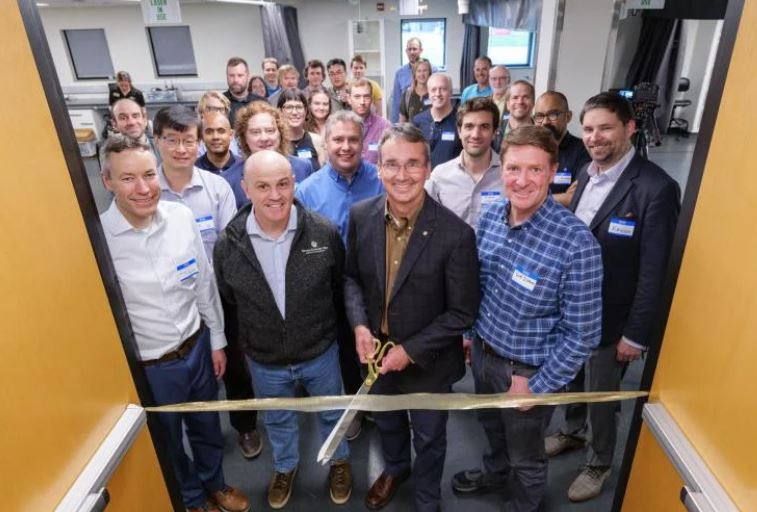
“There’s an element of a flywheel that occurs in the federal labs and the university research facilities that spins out into our business ecosystem,” Boulder Chamber CEO John Tayer told Bizwest in an August interview. “The more we can flex that muscle, the better equipped we are to support that businesses development based on new technologies and the stronger we become as a center for that startup businesses and entrepreneurship.”
Quantum theory attempts to explain the behavior of matter at atomic and subatomic levels. Because quantum computers take advantage of special properties of quantum systems such as superposition, their computing power and speed is exponentially greater than a traditional computer.
Applications of quantum science could revolutionize the way humans discover new drug therapies, map the cosmos, protect sensitive data, combat climate change and maybe even discover new forms of life in deep space.
The Boulder Valley — with the world-class University of Colorado Boulder physics department, the National Institute of Standards and Technology and JILA (formerly known as the Joint Institute for Laboratory Astrophysics) — has become, over the past three decades or so, the epicenter of quantum research.
“These scientists and researchers are similarly enticed by the same things that encourage any of us to come to Boulder (and Colorado),” Tayer said. “The state continues to be a place with great outdoor amenities, cultural assets that make this such a wonderful environment to locate.”
The CUbit Quantum Initiative, the University of Colorado’s interdisciplinary hub dedicated to the advancement of quantum technology, last year received a financial shot in the arm from the state aimed at helping scientists and entrepreneurs commercialize locally developed, cutting-edge technology.
The Colorado Economic Development Commission in May 2023 approved nearly $1.5 million in grant funding from the Colorado Office of Economic Development and International Trade that CUbit will provide to startups that are striving “to bring applied science out of the lab and into the market,” Michelle Hadwiger, OEDIT deputy director and director of global business development, told BizWest at the time.
“New, enabling technologies come on line, and the barrier for growth and acceleration in an industry is really high in terms of startup costs,” she said, and universities and labs often bear the brunt of those startup costs. “There’s a role that the government plays” in helping shoulder some of that early-stage cost burden “and leveraging the investment already made” by schools and research facilities.
The Boulder region, a leader in evolving quantum discoveries out of the lab and into the marketplace, is already home to operations from major corporate players in the still-nascent industry such as Quantinuum, a Broomfield company spun out of Honeywell International Inc. (Nasdaq: HON); California-headquartered Atom Computing Inc., which opened a Boulder R&D center last year; and ColdQuanta Inc., which does business as Infleqtion and has grown into a worldwide operator with offices as far flung as Austin, Australia and the United Kingdom.
Just last month, Oxford Ionics, a British trapped-ion quantum computing company, planted its first across-the-pond flag in Boulder. For the 5-year-old company, which last month claimed to have set a qubit performance record for mass-producible quantum computer chips, Boulder, a global hub for the cutting-edge quantum industry, “really felt like a natural fit,” David Allcock, Oxford Ionics’ North American director of science and Boulder office leader, told BizWest in an email.
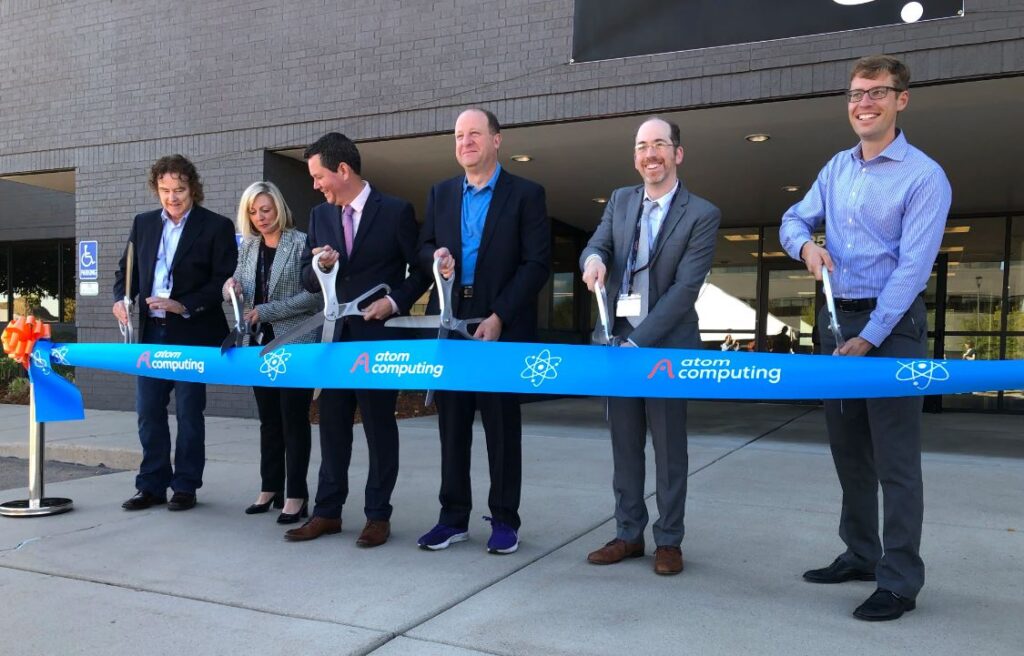
“It’s clear that the Mountain West is leading the charge in quantum computing for the U.S., and we want to be a part of that ecosystem as we expand our presence in North America,” he said.
Many of the Boulder Valley players are involved in the Elevate Quantum initiative, which is chaired by Dan Caruso, founder of Boulder-based Zayo Group and of Caruso Ventures, a major investor in local quantum companies.
While Colorado’s quantum research foundation was largely forged in Boulder laboratories, facilities across the Front Range are getting in on the action.
Thanks to a $1 million grant in 2019 from the W.M. Keck Foundation, a philanthropic organization formed seven decades ago by early 20th century oil tycoon William Myron Keck for the support of scientific research, the University of Denver’s College of Natural Sciences and Mathematics and the Department of Physics at the Colorado School of Mines began collaborating a study that aims to use laser-light technology for quantum manipulation at room temperatures, rather than super-low temperatures.
“Referring to this phenomenon as ‘topological fluids of light,’ the researchers intend to use these relatively stable and predictable structures to study the potential for transmitting information using quantum computing,” DU said in a blog post.
The project “will undoubtedly move science and technology forward and have major impact on one of the most pressing areas of quantum information science,” Andrei Kutateladze, DU’s dean of the College of Natural Sciences and Mathematics, said in the blog. “This partnership between two of the region’s great universities is a new norm; it elevates both schools and the visibility of fundamental sciences programs at DU and Mines.”
The quantum industry isn’t just for research scientists. As the technology exits the labs and enters the commercialization space, companies are beginning to hire workers in a number of roles, from welders to mechanics to fabricators.
The Colorado School of Mines offers not only quantum engineering undergraduate and master’s degrees, but also graduate certificates.“You don’t need a PhD to make an impact in quantum engineering,” Eliot Kapit, associate professor of physics at Mines, said in a blog post, “you need quantum literacy, and this program is designed to bring students and working professionals up to speed on key concepts needed by industry today.”
Author
-

A Maryland native, Lucas has worked at news agencies from Wyoming to South Carolina before putting roots down in Colorado.
View all posts
